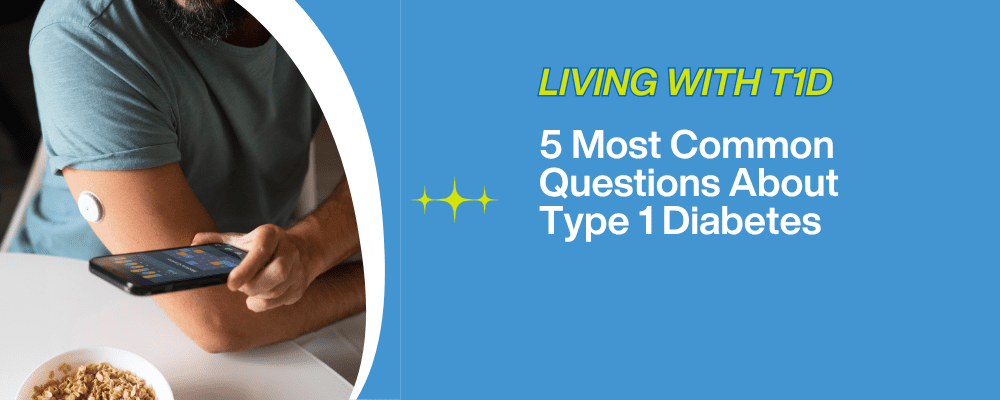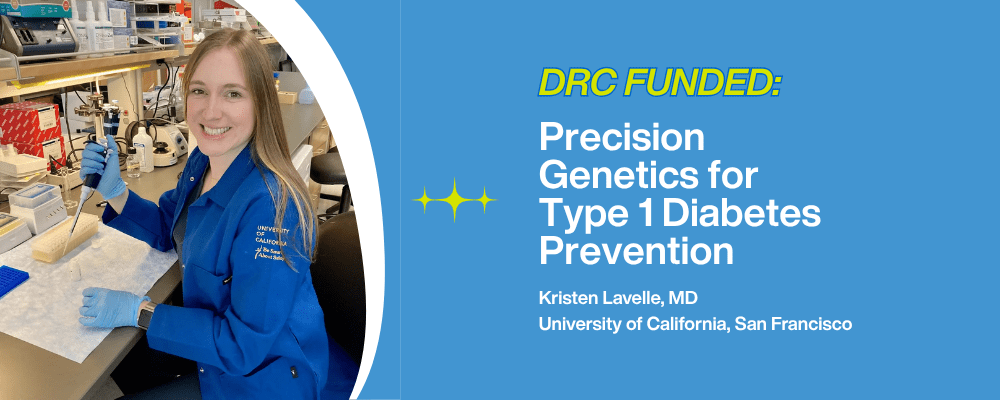 Written by Kathleen Jay on June 23, 2015, via Diabetes Center at UCSF. Click here to read original article.
Written by Kathleen Jay on June 23, 2015, via Diabetes Center at UCSF. Click here to read original article.
This week, novel findings by UCSF researchers Anil Bhushan, PhD, and Matthias Hebrok, PhD, for developing therapeutic strategies to combat diabetes were published in the Journal of Clinical Investigation.
The study, entitled “DNA methylation directs functional maturation of pancreatic beta cells,” analyzes how pancreatic beta cells become fully functional after birth.
“Pancreatic beta cells respond to glucose increases after a meal by secreting insulin. On the other end of the spectrum, the cells react to fasting conditions by preventing insulin production,” said Bhushan, a professor at the Diabetes Center at UCSF. “These cells only acquire the ability to secrete insulin in response to changing glucose levels post-natally, indicating that epigenetic mechanisms direct beta cell maturation after birth.”
External or environmental processes can affect how genes are expressed through a process known as epigenetics. If the DNA code for genes are the words in a book, epigenetics are like bookmarks that direct how and if the words are read. External factors can lead to epigenetic alterations, with molecular changes such as DNA methylation,that affect gene expression, without altering the underlying DNA sequence. Thus, epigenetic modifications provide an additional layer of control of how genes are expressed and impact whether a gene is turned “on” (expressed) or “off” (inhibited).
“Our results highlight a novel epigenetic mechanism that governs how beta cells functionally mature during neonatal life and provide new insights into impaired beta cell function in diabetes,” Bhushan said.
To develop these findings, Sangeeta Dhawan, PhD (now an independent scientist at UCLA) in the Bhushan team worked collaboratively with the Hebrok lab, which performed human beta cell analysis for this study.
“Because diseases, such as diabetes, are characterized by beta cell dysfunction which may involve epigenetic changes, we are trying to counteract these modifications with therapeutic, epigenetic treatments,” Bhushan said. “Unlike DNA sequence mutations, epigenetic changes – by nature – appear to be reversible.”
“With Anil’s arrival to UCSF this year, we have elevated beta cell work to new heights,” Hebrok, the director of the Diabetes Center at UCSF said. “This type of research will be highly useful in predicting diseases, such as type 1 diabetes, as well as improving the overall effectiveness of therapeutics to both reduce beta cell destruction and to promote beta cell regeneration.”
For more information, visit http://diabetes.ucsf.edu.




